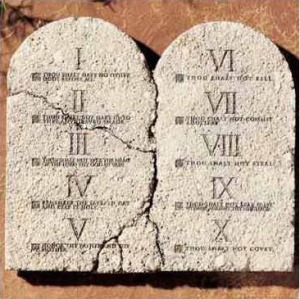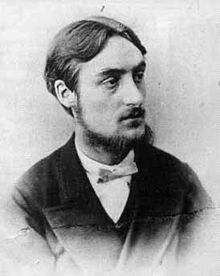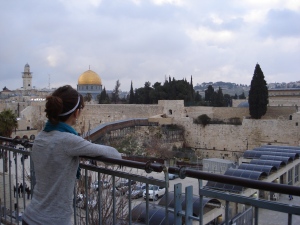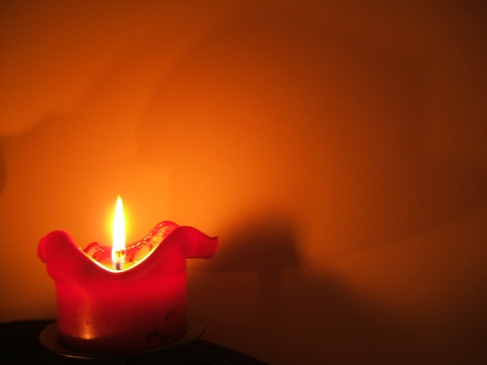Have you ever struggled to get through Leviticus? Me too. The psalms speak often of David’s deligh in God’s law, but if you’re like me, I’ve always hard a hard time getting through the Bible’s law books. They’re so long and so mind-numbingly detailed.
But a closer look reveals that it’s precisely the level of detail in the law books that lends so much richness and depth to the Old Covenant. In 2 Cor. 3:7-8, Paul says the Old Covenant came with glory.
One of the reasons we have a hard time seeing God as central in every gritty detail of our lives could be that we’ve forgotten the glory of the biblical Old Covenant. We’ve forgotten the beauty of a life blueprint that shows the people of God how to see and follow Him in every aspect of their lives.
In their painstaking detail, these laws guided the Israelites into a way of fulfilling that aching heart cry—when can I go and meet with God?—in the context of their everyday lives. God lived with them, after all, and called them to a radical re-centering of their lives—not just a devoting of certain minutes to transcendent thoughts. Continue reading









